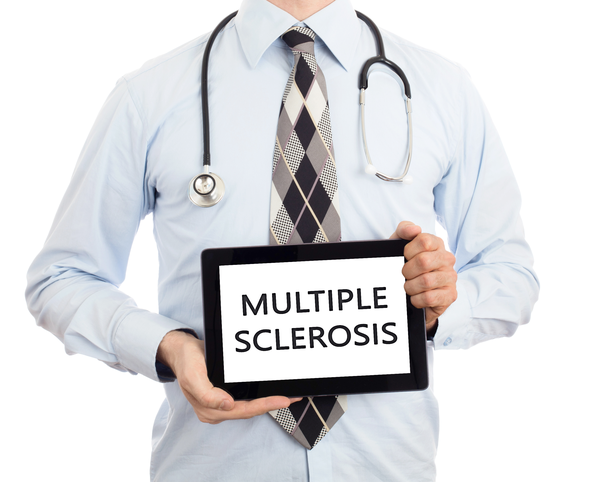Multiple Sclerosis affects the brain and the central nervous system. This disease is potentially disabling and is one of the most common autoimmune disorder. What happens is that the immune system attacks the protective sheath called myelin that covers the nerve cells in the brain and spinal cord. This results in communication problems between the brain and the rest of the parts of the body. The MS disease can eventually cause deterioration and ultimately permanent damage to the nerves themselves
The signs and symptoms of Multiple Sclerosis can vary depending on the amount and location of damages to the nerves. These signs usually manifest to adults between 20 and 40 years old. The signs may get better at times but can go on a relapse. Some may be intermittent and others just continue to stay or progress. Every MS patient may have different symptoms. The following are common early signs of the demyelinating MS disease:
- Thinking problems
- Double vision or blurriness
- Numbness and Tingling
- Trouble with balance and coordination
- Bladder problems
- Muscle Weakness
Multiple sclerosis is a chronic disease. There are no known specific causes of the disease. Although studies have shown that the disease is a result of combinations of autoimmune disorders, environmental factors including infectious agents such as viruses and genetic factors.
What’s more unfortunate is that there is no known cure for Multiple Sclerosis up to this time. Medicines do exist only to manage the signs and symptoms and delay the progression of the disease. A few examples of medicines commonly prescribed for MS patients are Daclizumab, Dimethyl fumarate, Teriflunomide, Mitoxantrone, and Fingolimod.
These medicines work to curb the symptoms associated with the MS disease. Most MS patients may also need to undergo rehabilitation especially when the diseases have affected the patients motor skills. Medicines may cause a lot of side effects so proper medication dosage and schedule of taking the medicine should be followed carefully. Some MS drugs may cause fatigue, fever, chills, nausea, vomiting, and diarrhea. Some can greatly affect the immune system. Other medicines are also associated with more serious side effects. Aubagio, in particular, comes with a serious warning because it is known to cause liver problems. It is also not recommended for pregnant women because it can cause birth defects.
Multiple Sclerosis is nothing but a serious medical condition. Over time it may affect the patients’ hearing, vision and normal bodily functions such as thinking, talking and walking. Medicines available may provide relief but are not exactly effective and long-lasting.
Medical marijuana is currently gaining more attention and is providing hope to a lot of patients with multiple sclerosis. CBD is tremendously becoming known due to its medicinal benefits. The chemical components present in this hemp extract is known to be effective in reducing neuropathic pains, muscle spasms, and uncontrollable muscle movements. It can also aid in overactive bladder problems. Unlike THC, phytocannabinoid is non-psychoactive and is not addictive. Its chemical makeup is highly effective and quick-acting. There are also no harmful side effects associated with CBD use. Although CBD remains illegal among some states, hope is still high that one day more and more people will be able to see the many benefits of CBD especially in treating Multiple Sclerosis.

